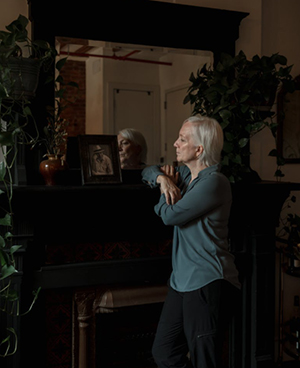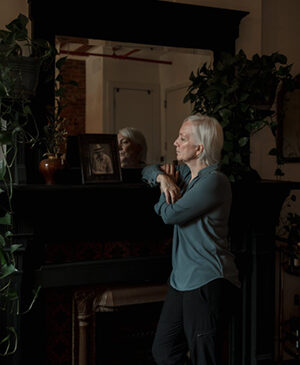Where did I put my phone? I know I put the remote here somewhere? What is it that I’m going to do again? We all experience what are so-called “senior moments.” It’s when we forget something mundane or trivial, or when we suddenly lost our train of thought. But while forgetting is something that normally happens to people of all ages, it’s something that elderly people might be more aware of.
Forgetfulness and aging often go together. However, what is considered normal, and what should be a cause for concern?

Forgetfulness and Aging
Many people say that forgetting is a sign of aging. However, there’s normal, age-related forgetting, and there is what is considered a serious memory problem. The latter could be a symptom of an underlying cognitive issue. These serious memory problems make it hard for the elderly to accomplish daily tasks or provide themselves basic care. For some, these issues could spell danger, like when a person loses their way home or overdoses on a prescription they have already taken.
Some elderly people with serious memory loss or cognitive problems may also be unable to think clearly, and this should be brought to the attention of their physician. This will then tell definitively if there’s a cognitive problem or if this is part of the normal signs of aging.
Forgetfulness and aging might go together, but if you see the following signs, you must consider going to your doctor:
- Asking the same questions over and over again
- Getting lost in places a person knows well
- Having trouble following directions, instructions, or recipes
- Frequent confusion about the time, date, people’s names, and locations
- Neglecting to care for oneself, such as eating poorly, not bathing, or doing unsafe things
Mild Cognitive Impairment
Some older adults may have what is called Mild Cognitive Impairment (MCI). This is a condition that may be an early sign of Alzheimer’s disease. However, it’s important to note that not everyone who has MCI develops Alzheimer’s.
Signs of MCI include, but are not limited to the following:
- Losing things often
- Forgetting important events or appointments
- Having trouble coming up with the “right words” for things when describing or narrating something
It is recommended to visit your doctor if you experience memory loss or other thinking problems that are more than other people your age. There are also habits, behaviors, and activities that you can do to help exercise your cognitive skills and memory.
Forgetfulness and aging doesn’t have to be mutually exclusive, and there are many things you can do to keep your memory sharp as well as prevent the degradation of your cognitive skills as you age.
At Blessed Home, we have a team of caregivers who can engage you in a customized program that includes activities that help engage them and keep their minds sharp. Learn more by talking to us today!


Recent Comments